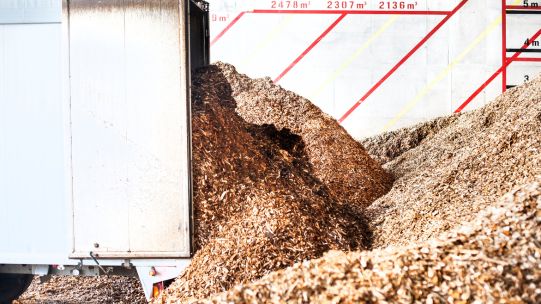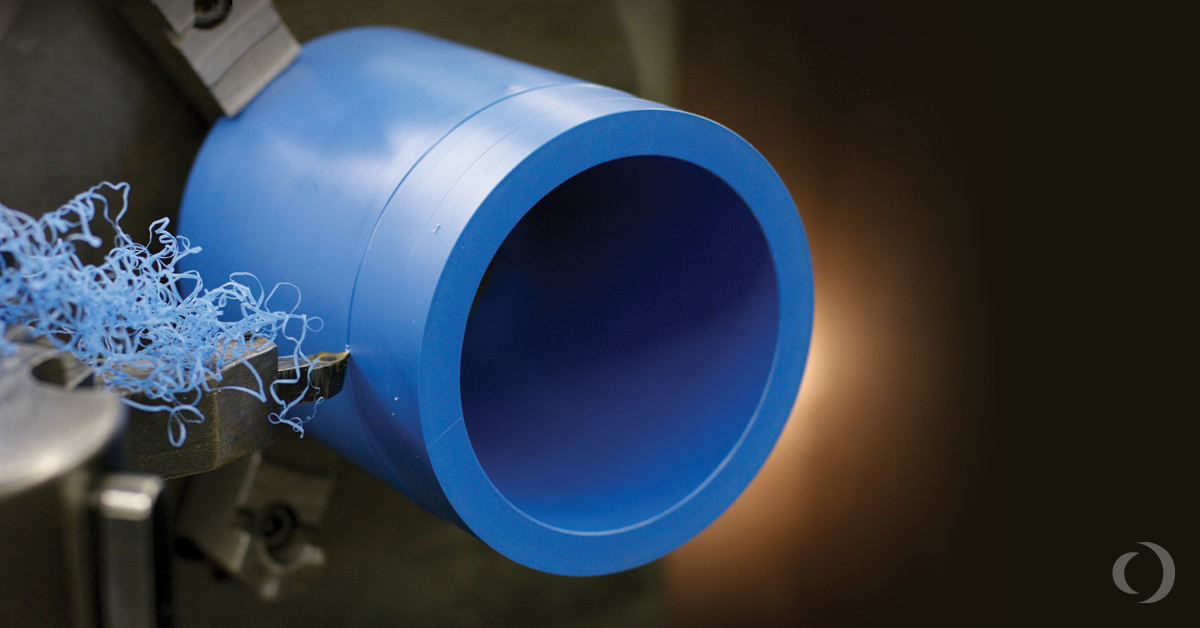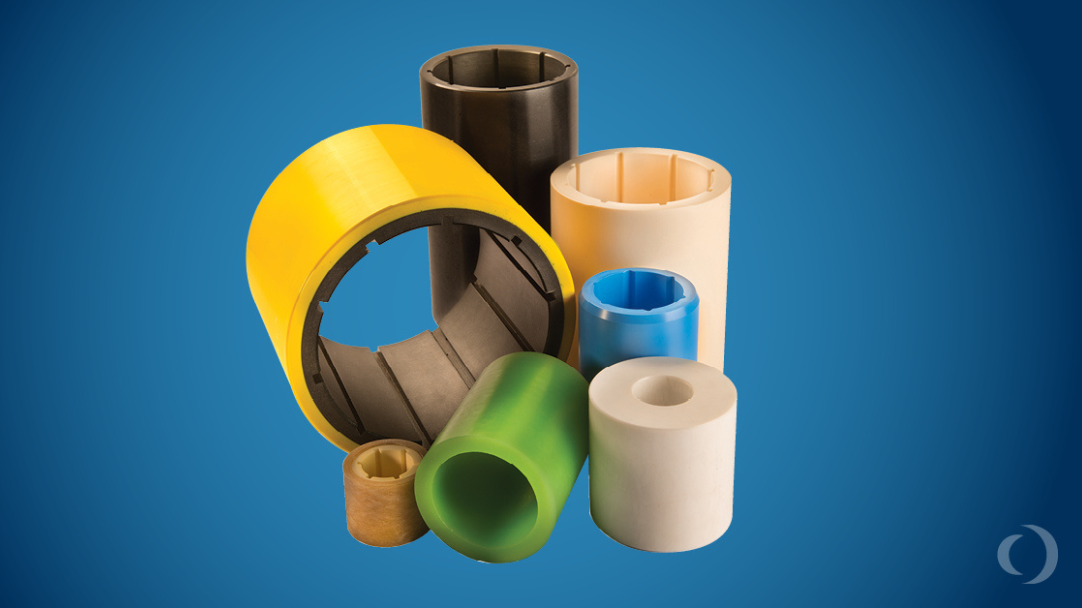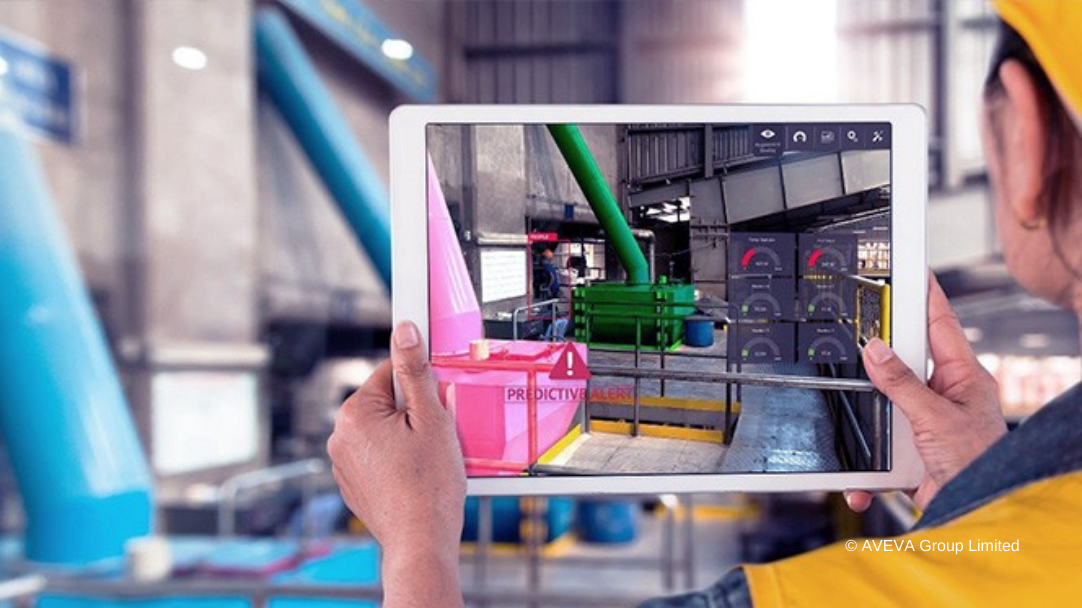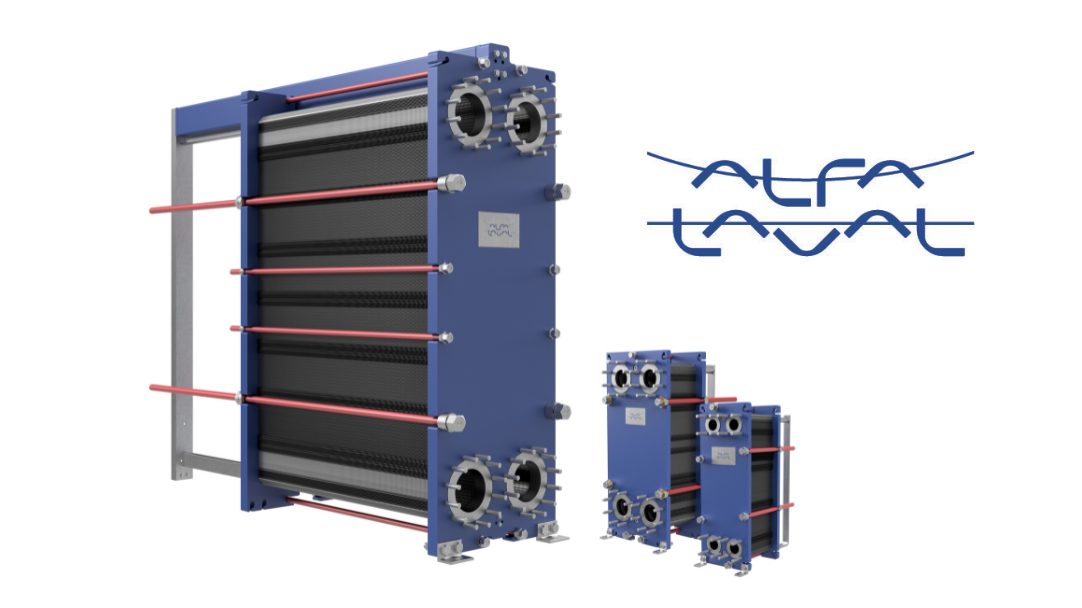The accredited biofuel testing laboratory of Axioma servisas has started cooperation with the Latvian company Rīgas Bioenerģija. This is the first step of a Lithuanian company into the Latvian market with biofuel laboratory services. The Lithuanians will perform moisture, ash content and calorific value analyses of biofuels for the Latvians.
“We are pleased to enter the neighbouring market where we are starting our operations. This year, our laboratory services in Lithuania have also been used by more customers: after starting 2017 with 57 contracts, we are closing the year with 78 contracts. Our practice and the growing number of clients show that all market players benefit from fuel testing: biofuel sellers, buyers and transporters alike”, said Artūras Lopeta, CEO of Axioma servisas.
For boiler plant operators, knowing the quality of the fuel allows them not to worry about their equipment – plants fired with quality fuel last longer. Fuel with too much moisture or ash content decreases in value. Knowing the quality of the fuel can also help to assess the performance of the boiler by comparing the energy value of the fuel burnt with the heat produced.
The price of the fuel entering the boiler plant is determined by the energy value of the biofuel in terms of tonnes of oil equivalent (ttoe), so the main benefit of biofuel research for boiler plants is financial.
For the seller, tests to determine the moisture and ash content and calorific value of the biofuel also give an accurate price. According to Mr Lopeta, a seller who bases the quality of his fuel on independent tests avoids dishonesty or mistakes on the part of the buyer of the raw material, which are impossible to avoid if the fuel is not tested.
“I am pleased that the determination of the size distribution of fuel particles (granulometry), which was introduced in our laboratory this year, has also attracted interest. The idea is to find out the size distribution of fuel particles, to find out how many and what size particles are present in a sample of fuel. Our experience shows that often the basic parameters of a fuel – moisture content, ash content and calorific value – do not reflect the true quality of the fuel. Even very good quality fuels can contain large amounts of fine particles (e.g. sawdust) which can affect the combustion quality and reduce the efficiency of the boiler,” says Lopeta.
According to Lopeta, among the most important challenges facing the laboratory in 2018 are the accreditation of the granulometry method and the international certification of this test. The accreditation process is also scheduled to start next year for the LNG terminal laboratory in Marijampolė.
Axioma servisas’ state-of-the-art laboratory, equipped with the most modern equipment from German and US manufacturers, tests all types of biofuels. The laboratory is currently able to carry out 322 total moisture, 43 ash content and 43 calorific value tests per day. Since its launch in 2012, the Axioma servisas laboratory has carried out more than 190 000 biofuel tests.
